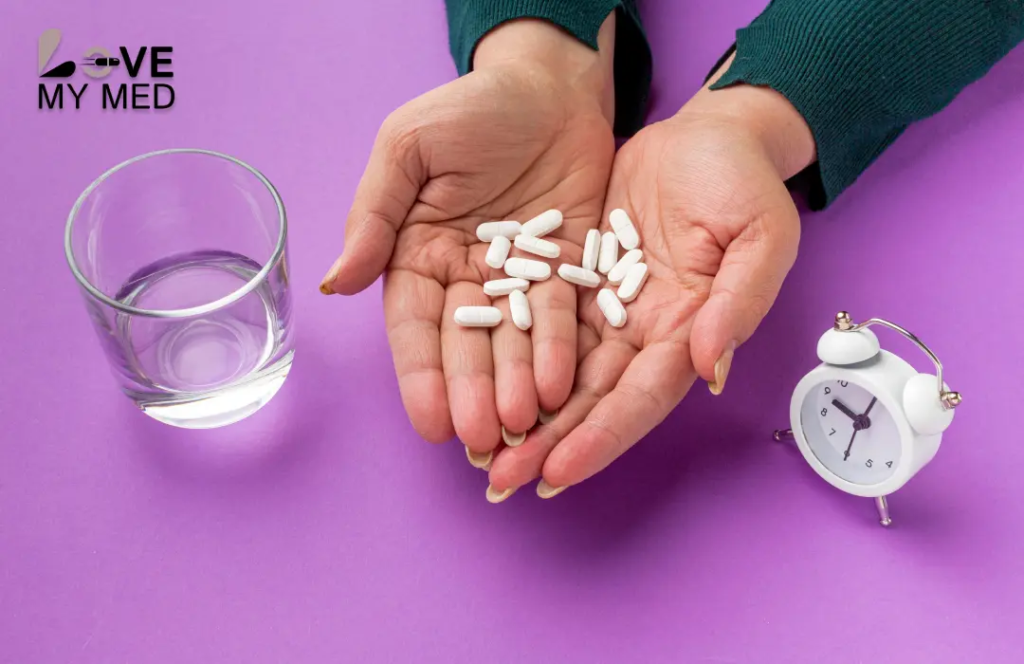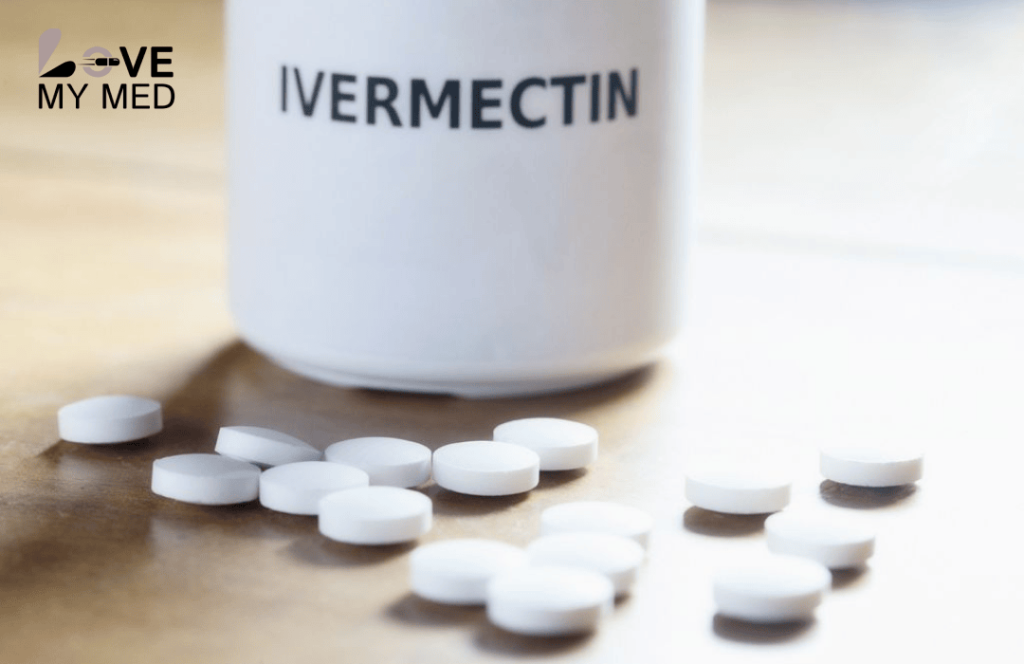Ivermectin Treatment Timeline for Worm Infections

Infestation of worms is a typical health problem that is prevalent around the globe. Although this type of parasitic infection has been known to bring some uncomfortable symptoms, luckily, it can be treated with one of the most common remedies being it. In case you are faced with worm infestation, the timeline of the worm cure can make you feel more at ease, knowing that Ivermectin can work within the following days. In this guide, we will discuss everything you need to know about Ivermectin treatment, such as understanding what it is, how it is administered, and the time it usually takes.
Understanding Worm Infections
Parasites inhabiting the intestines or other organs cause worm infections. Worms are of a common type: roundworms, threadworms, and hookworms. Such infections may cause stomach pain, diarrhea, fatigue, and, in extreme cases, lead to complications.
These infestations must be treated so that complications can be avoided, and Ivermectin has worked out as a remedy. But before we jump into discussing how Ivermectin functions, it is only proper to have a glance at what Ivermectin actually is.
Ivermectin – A Brief Overview
Ivermectin is a parasitic drug used in the treatment of worm infestation in all its forms. Its action works through attacking the nervous system of the parasites and paralyzing and killing them. It is commonly used to treat diseases such as river blindness, scabies, and some intestinal worm diseases. The most popular medicines are Iverheal 12 mg and Iverpara 12 mg, which have proved quite effective in displaying the efficiency of combating parasitic infections.
How Ivermectin Works on Worms
Ivermectin disrupts the process of survival and reproduction of the parasites. It accomplishes this by attacking certain proteins in the body of the parasite and inducing paralysis and death. This keeps the worms frozen, and they will not grow, reproduce, or cause more damage. It is necessary to point out that it does not just alleviate all the symptoms immediately, particularly when it has been there all this time.
How Long Does Ivermectin Take to Work?
The success and prognosis of Ivermectin would vary with many factors, such as the kind of worm being targeted, the severity of worm infection, and the health conditions of a person or patient. This is what you can expect to see regarding the various worms:
-
Roundworms Ivermectin
One of the most common worms that are treated with Ivermectin includes roundworms. Most people begin to experience improvements between 24 hours and 48 hours after taking this tablet. It could, however, take a maximum of one week to rid the body of all the worms.
-
Threadworms Ivermectin
Pinworm is another popular variety of the parasitic infection known as threadworms. When using Iverheal 6 mg with other preparations, an improvement of symptoms typically occurs within 2-3 days of treatment. As threadworms multiply at a fast rate, the process of treatment may have to be re-administered after two weeks to achieve full clearance.
-
Anthelmintics: Ivermectin against Other Parasites
Some of the other parasites that can be eliminated by the use of Ivermectin include hookworms and whipworms. In these infestations, you can feel good in 3 to 5 days, but you should take the recommended medication dosage and finish treatment per the directions of your medical specialist.
Factors That Influence How Fast Ivermectin Works
Ivermectin’s effectiveness can be influenced by several factors, including:
- Worm type: There could be worms that are more readily treated as compared to others.
- Extent of the infection: A more severe infection can take an extended time to clear up.
- Your health: If you have a poor immune system or underlying health conditions, this may alter the effectiveness of Ivermectin.
- Dosage: Adherence to the right dosage is important in the successful operation of the medicine.
Signs That Ivermectin is Working
After starting treatment with Ivermectin, it’s important to keep track of your symptoms. Some signs that it is working include:
- Reduced abdominal pain and bloating
- Better digestion and less nausea
- Reduced itching or irritation from threadworms in particular
- Fewer worms or eggs may be observed in the stool.
What to Do If Symptoms Don’t Improve
Should your condition not improve when using this tablet, there are a couple of reasons this could be occurring:
- Underdose: Your dosage might have been low due to a prescribed amount only.
- Reinfection: One can also be re-infected, more especially when there is no keen observance of hygiene.
- Misdiagnosis: Your symptoms could be due to another condition, and not the cause of worm infection.
Whenever such arises, one should seek additional guidance from the health care agent. They may prescribe other treatments or further diagnostic testing.
Safety and Side Effects
It is safe in normal forms when taken as prescribed, but like every medicine has side effects, so does Ivermectin. Some of the more frequent side effects are:
- Headache
- Dizziness
- Nausea
- Fatigue
More severe side effects, such as allergic reactions or liver problems, may very rarely have taken place. Should any extreme symptoms occur (troubled breathing or swelling), address the professionals as fast as possible.
Tips for Maximizing Ivermectin Effectiveness
To get the most out of your Ivermectin treatment, follow these simple tips:
- Finish the therapy: Although you might experience relief, it is best to finish the therapy to be on the safe side that all parasites are eliminated.
- Maintain good hygiene: Wash your hands after going to the bathroom, after eating food, and after other things to ensure that you do not get reinfection.
- Stay out of contact with others: You will need to stay out of contact with others when undergoing threadworms until the symptoms are gone.
Prevention of Worm Infection
Obviously, you may think that preventing worm infections is not that difficult. The following are some easy-to-do things to help keep worms away:
- Clean Your Hands. Wash your hands frequently, particularly right after using the toilet, and right before eating.
- To kill any parasites, cook meat.
- Make sure your surroundings are clean, and wash the surface upon which eggs/larvae may be lying.
Conclusion
Ivermectin is an effective way of combating infections caused by different worms, and knowing the process of action and duration of action can help you treat these infections effectively, as well as tackle the side effects promptly. It may be roundworms, threadworms, or any type of parasite you have; Ivermectin can give you immense relief within a period of just a few days to a week. Nevertheless, you should always consult your medical practitioner to make sure you are applying the treatment that applies to your particular condition
FAQs
Q: How long should I take it for a worm infestation?
Ordinarily, most worm infestations do not require more than a single dose of Ivermectin. Nevertheless, repeat dosage may be required a few weeks later in certain situations, particularly with threadworms.
Q: Can Ivermectin be taken for other types of parasites?
It can kill many different kinds of parasites, such as head lice and scabies, and some kinds of roundworms.
Q: What happens if I miss a dose of Ivermectin?
Missed dose: Take as soon as you think about it, except when you are about to take the next dose. In such a case, you can miss the dose but still take your normal schedule.
Q: Are there any natural alternatives to Ivermectin?
Ivermectin is among the strongest medicines that deal with severe intestinal worm infestation, or where some of the natural remedies would not help much with mild infestations. Always seek a doctor first before any alternative treatment.





